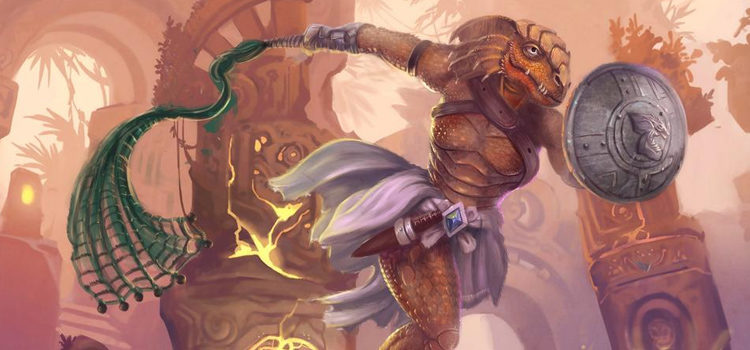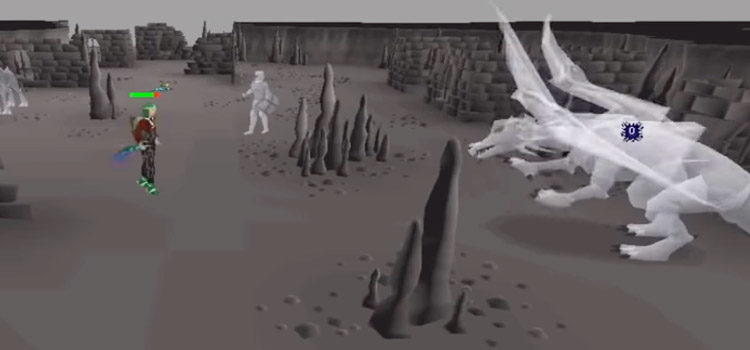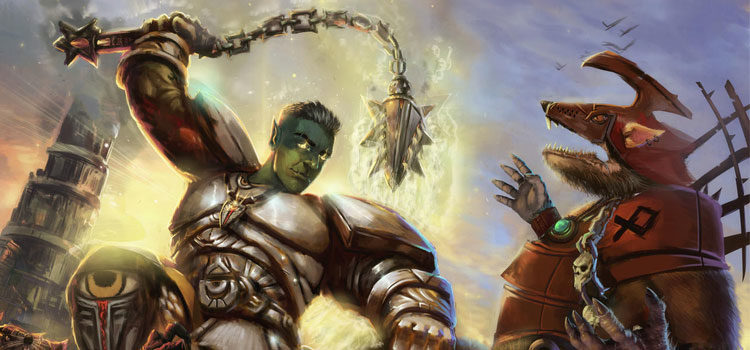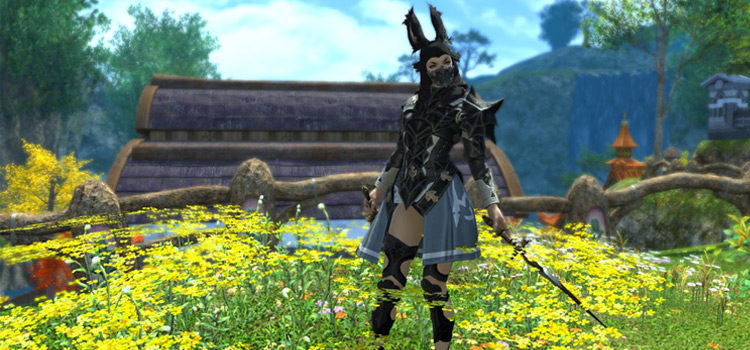What is a Bonus Action in D&D 5e?
This post may contain affiliate links. If you buy something we may get a small commission at no extra cost to you. (Learn more).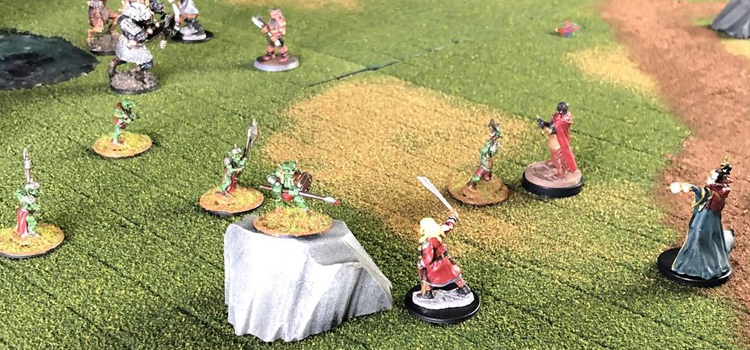
A bonus action is a minor or secondary action that doesn’t take much time to perform. In older versions of D&D, it was sometimes known as a swift action or minor action.
Let’s dig into the details to understand bonus actions a little better.
There are several things a player character(PC) can do on their turn, including:
- take one action
- take one bonus action
- move once up to your speed
- interact with one object in the environment for free (ie, open a door, draw a weapon)
- PCs also have one reaction they can use each round. Reactions do not need to be used on a character’s turn; in fact, they are most frequently used on an NPC’s or another PC’s turn. Using a reaction often requires a triggering event occurs to take place, such as taking an attack of opportunity.
Players may use these options in any order unless a specific rule requires otherwise. They can use each option only once, unless there is an ability in effect that alters the rules. Similarly, if a spell or ability requires a bonus action, you cannot activate it by using an action, and vice-versa.
A character will use their regular action on almost every turn, as there are many things they can do with their action. This includes attacking, dodging, casting most spells, moving a second time (AKA the dash action, etc.).
However, most characters will not use a bonus action most of the often. In order to use a bonus action, a character must have an ability that uses a bonus action. These may be class or racial abilities, magic items, spell casting or spell activation, feats, or something similar.
And some characters do not have any ways to use a bonus action.
Having a bonus action can be useful or powerful, so experienced players will often look for ways to use both an action and a bonus action during their turns.
Since 5e was released, Wizards of the Coast has gotten a bit better about giving players a way to use their bonus actions. Many of the recently-published subclasses have bonus action abilities.
Common Ways that Low-Level Characters Can Use a Bonus Action
Note: Higher level characters often have more ways to use their bonus action.
But let’s take a look at a handful of options:
Artificer
Casting spells, like Expeditious Retreat, Magic Stone, Sanctuary, activating spell abilities, or activating infusions that grant bonus action abilities.
Barbarian
Entering Rage.
Bard
Using Bardic Inspiration or casting a spell like Healing Word or using spell abilities.
Cleric
Casting spells, like Healing Word, Sanctuary, Shield of Faith, Spiritual Weapon, or using spell abilities.
Druid
Casting spells, like Magic Stone, Shillelagh, Healing Word, or using spell abilities. All druids can exit Wild Shape using a bonus action, while Circle of the Moon druids can also enter Wild Shape using a bonus action.
Fighter
Second Wind
Monk
Flurry of Blows, Patient Defense, Step of the Wind.
Paladin
Casting spells, like Compelled Duel, Divine Favor, Shield of Faith or spells containing the word “smite,” or using spell abilities.
Ranger
Casting a spell, like Ensnaring Strike, Hail of Thorns, Hunter’s Mark or Zephyr Strike, or using spell abilities.
Rogue
Using Cunning Action to dodge, dash or disengage.
Sorcerer
Casting a spell, or using spell abilities like with Expeditious Retreat, or using Quicken Spell to change a spell’s casting time from an action into a bonus action.
Warlock
Casting a spell, like Hex, or using spell abilities, like reassigning hex to a new target.
Wizard
Casting a spell or activating a spell feature, like with Expeditious Retreat or Flaming Sphere.
Bonus Action Spells
If you’re a spellcaster with bonus action spells, there are some special rules you need to know.
- If you cast a spell using your bonus action, you cannot cast another spell with your action unless that spell is a cantrip.
- If you cast a spell of level 1 or higher using your action, you cannot cast a bonus action spell.
- Activating an ability of a spell that you’ve previously cast is not the same as casting a spell, so the rules above do not apply if you activate a spell ability.
For example, if you cast Expeditious Retreat using a bonus action, a player cannot cast another spell with their action unless that spell is a cantrip.
However, if a character casts Expeditious Retreat on the previous turn, that character can activate expeditious as a bonus action and cast a higher-level spell as an action.
Some spells offer very powerful effects using a bonus action. So high-level spellcasters should definitely think about taking some spells that allow them to use their bonus action.
Spiritual Weapon and Animate Objects, for example, are considered particularly powerful spells for their level because they allow a caster to use their bonus action to attack an enemy.



